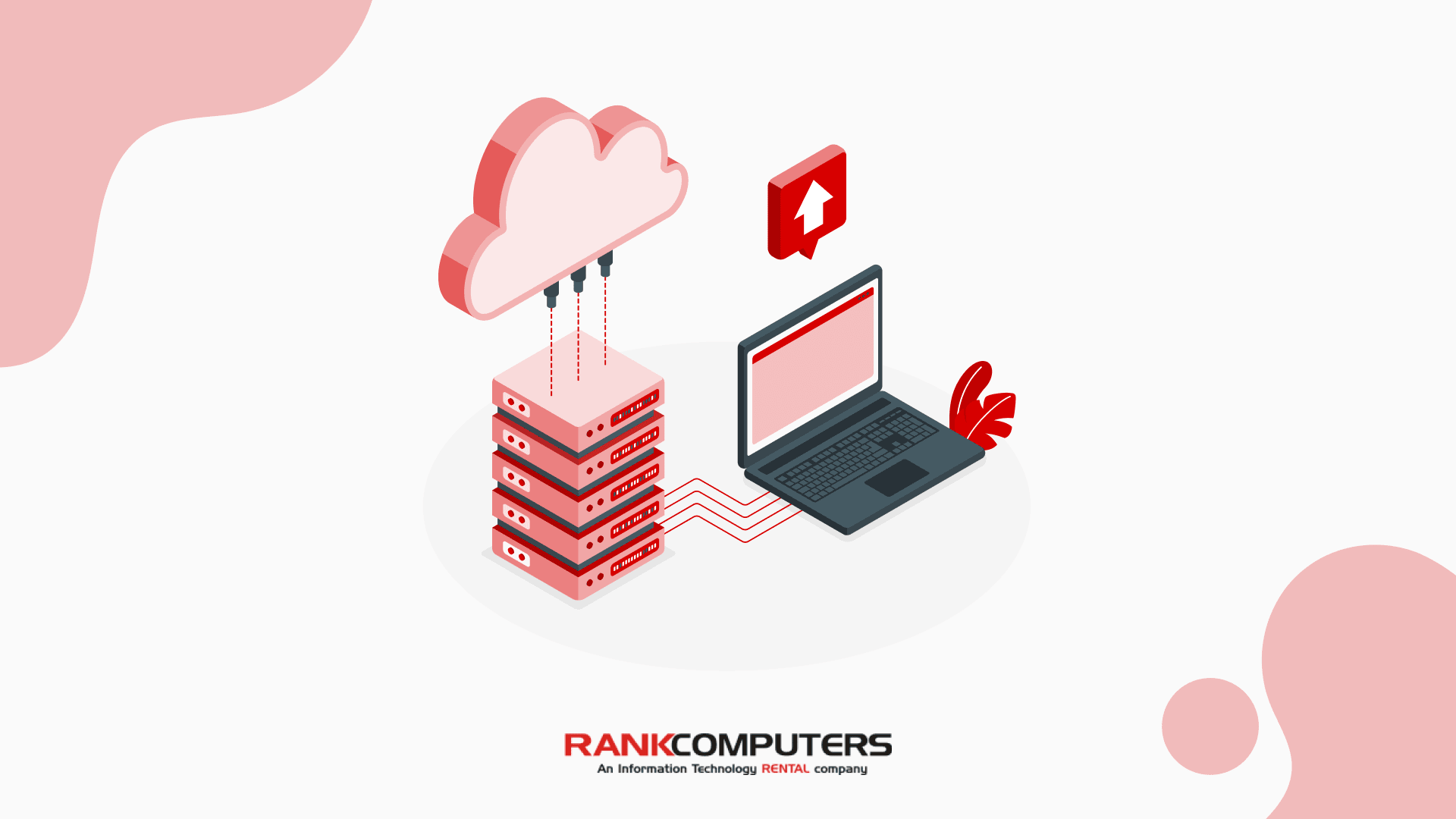In an era where climate change is a pressing concern, every industry must play its part in reducing its carbon footprint and becoming more sustainable. The tech industry, in particular, should take this seriously. Data centres alone account for approximately 2% of global carbon emissions, equivalent to the aviation industry.
One significant step towards sustainability could simply be changing the habit of owning individual centres to renting and sharing cloud centres instead. Doing so reduces the number of data centres in operation, which in turn helps companies reduce emissions and contribute significantly to a greener future.
Cloud Computing: Efficient Resource Utilisation
Cloud computing has revolutionised the IT landscape, offering a scalable and flexible solution to businesses.
When you choose cloud rental services, you embrace a more sustainable approach to sustainable computing. Unlike traditional on-premises data centres which often run at a fraction of their capacity, cloud providers optimise their data centres for maximum efficiency. Through resource sharing among multiple users, cloud platforms can achieve a higher utilisation rate, leading to reduced energy consumption and lower carbon emissions.
Opting for cloud services through rentals not only benefits the environment but also makes financial sense for companies. By eliminating the need to build and maintain on-premises data centres, cloud computing significantly reduces upfront capital expenditures.
In 2018, Coverdell shifted some of its services to Microsoft’s Azure Cloud Platform, which enabled the company to cut down on monthly hosting and maintenance costs.
Pay-Per-Use Model: Reduced Energy Waste
One of the most significant advantages of cloud services is the pay-per-use billing model, which aligns costs with actual resource consumption. Instead of owning and maintaining a large data centre that consumes power regardless of the workload, cloud users only pay for the resources they actually use. This model allows businesses to avoid overprovisioning and minimise energy waste and expenses.
A study by the Lawrence Berkeley National Laboratory estimated that cloud computing could reduce energy consumption by up to 87% for certain workloads compared to traditional in-house data centres. With the ability to scale resources up or down based on demand, companies also enjoy the flexibility to control their spending effectively and enable sustainable computing.
Virtualization: Consolidating the Hardware Footprint
Virtualization is a core concept in cloud computing, where multiple virtual machines (VMs) run on a single physical server. This consolidation of hardware significantly reduces the overall hardware footprint, leading to fewer servers and less electronic waste over time.
According to estimates, server virtualization can reduce the number of physical servers by 80% or more, resulting in substantial energy and resource savings. This reduction also translates into tangible cost savings for businesses, as fewer physical servers means lower hardware and maintenance expenses.
Moreover, virtualization simplifies IT management, saving time and labour costs associated with handling individual physical servers. The streamlined infrastructure results in improved performance and reliability, positively impacting customer experiences.
According to a study by IDC, IT departments that adopt server virtualization achieve as much as a 40% reduction in both hardware and software costs.
Multi-Tenant Environments: Shared Efficiency
Cloud platforms operate on multi-tenant architectures, meaning that multiple customers rent and share the same infrastructure and resources. This shared environment fosters efficiency since the infrastructure is optimised for a diverse range of workloads and demands. As a result, cloud providers can achieve economies of scale and deliver sustainable computing services.
Offsetting Carbon Footprint through Green Cloud Providers
Several cloud service providers have taken proactive steps to reduce their environmental impact. Some companies have committed to achieving 100% renewable energy usage for their data centers.
By choosing to rent cloud services from such cloud providers, businesses can effectively offset their own carbon footprint and promote sustainable computing. Further, they gain a competitive edge by appealing to environmentally-conscious customers who appreciate such initiatives. Strategic partnerships with green cloud providers can bolster a company’s reputation and foster customer loyalty, ultimately contributing to the overall success of the business.



